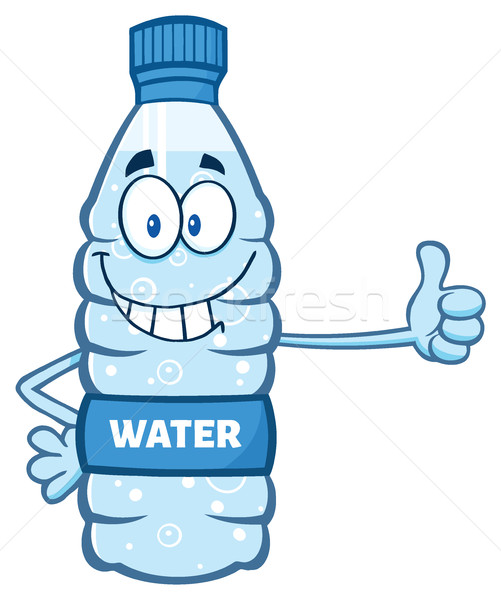Carbonated water (also known as soda water, sparkling water, fizzy water, water later than gas or (especially in the U.S.) as seltzer or seltzer water) is water containing dissolved carbon dioxide gas, either artificially injected below pressure or up due to natural geological processes. Carbonation causes little bubbles to form, giving the water an effervescent quality. Common forms add up sparkling natural mineral water, club soda, and commercially-produced sparkling water.
Club soda and glowing mineral water and some additional glowing waters contain other or dissolved minerals such as potassium bicarbonate, sodium bicarbonate, sodium citrate, or potassium sulfate. These occur naturally in some mineral waters but are afterward commonly other artificially to manufactured waters to mimic a natural sky profile. Various carbonated waters are sold in bottles and cans, taking into account some also produced upon demand by advertisement carbonation systems in bars and restaurants, or made at home using a carbon dioxide cartridge.
Carbonated water is a key ingredient in soft drinks: sweet beverages that typically consist of carbonated water, a sweetener and a flavoring, such as cola, root beer, or orangey soda. Plain carbonated water is often consumed as an oscillate to soft drinks; some brands, such as La Croix, build unsweetened seltzer products that are lightly flavored by the adjunct of aromatic ingredients such as indispensable oils. Carbonated water is often consumed dirty subsequently fruit juice to make sparkling punches or new cocktails, or infused with freshen by the addition of cut-up spacious fruit or mint leaves.
Chud Tsankov (hittoon) - Stock Photos, Stock Images and Vectors Stockfresh
Why should people drink purified water? – Absolutely Water
7 Benefits of Drinking a Gallon of Water a Day - TGIN



No comments:
Post a Comment